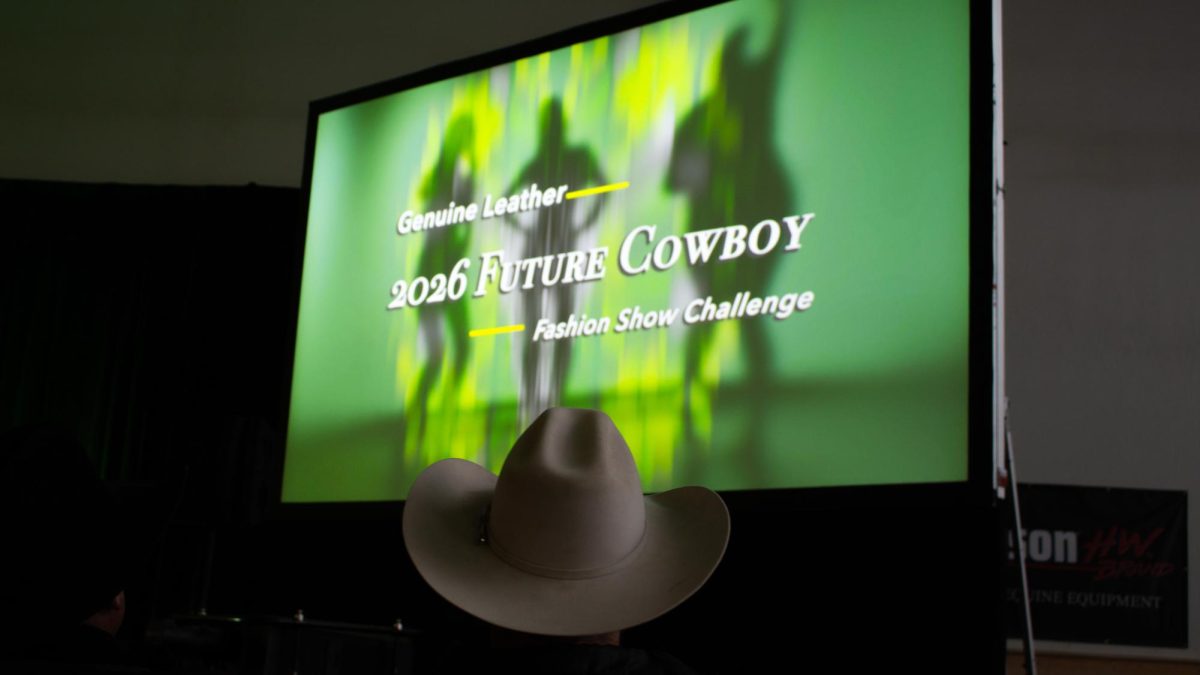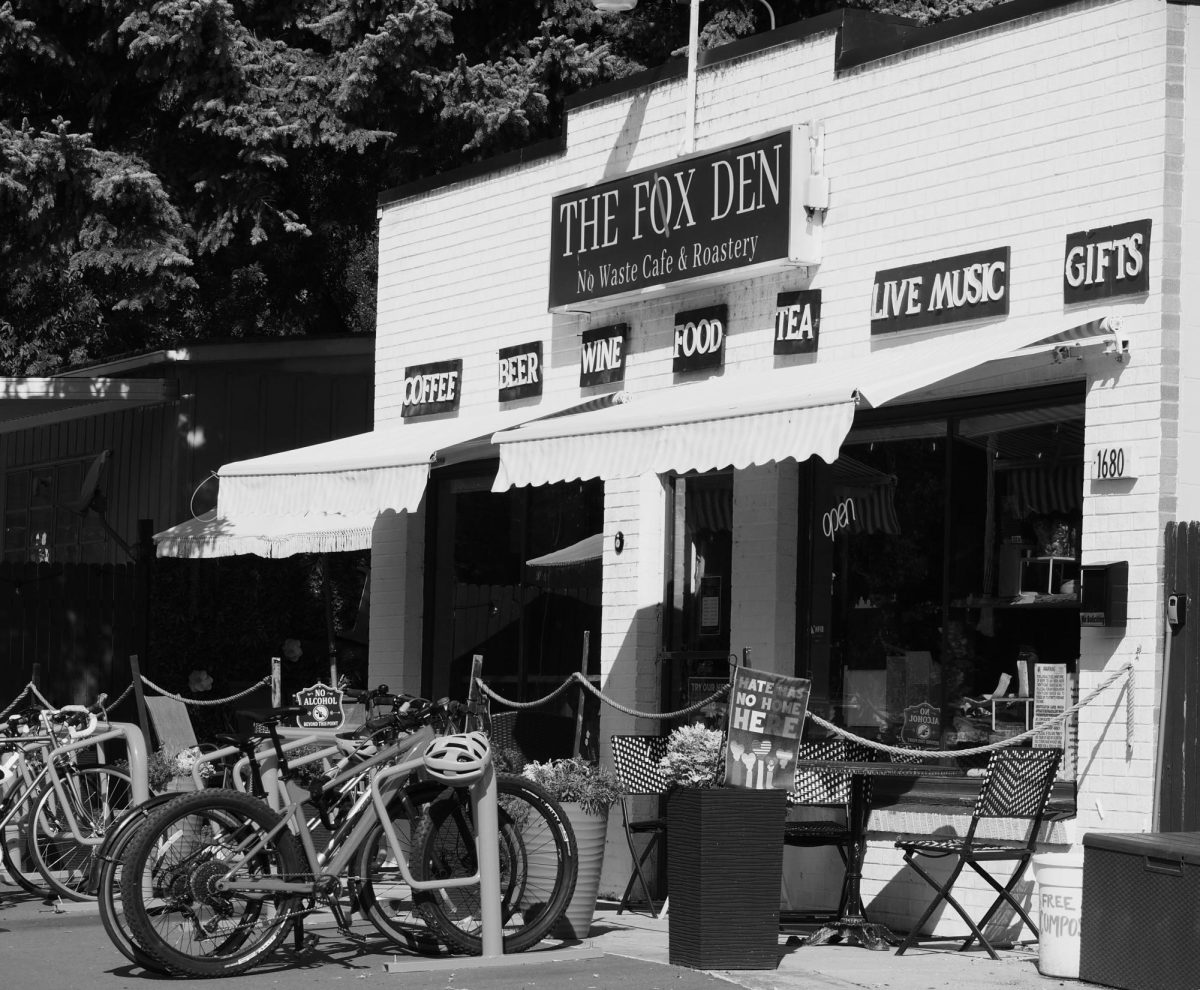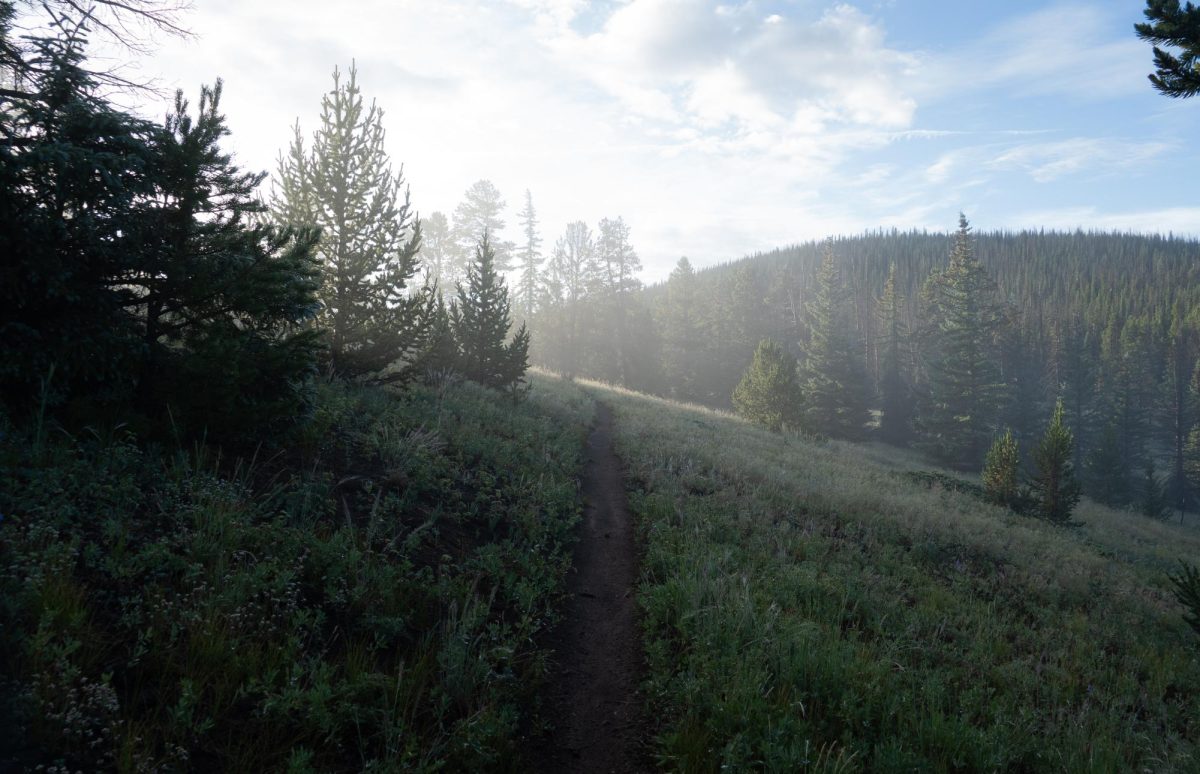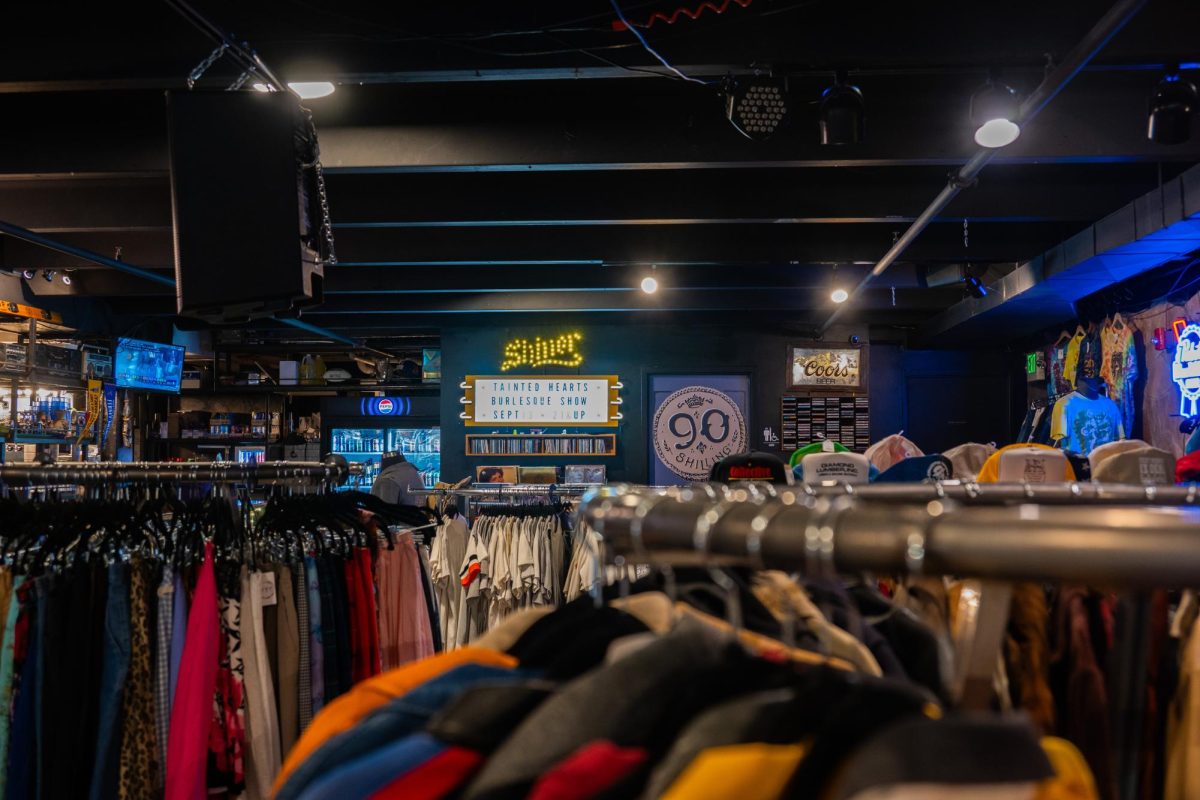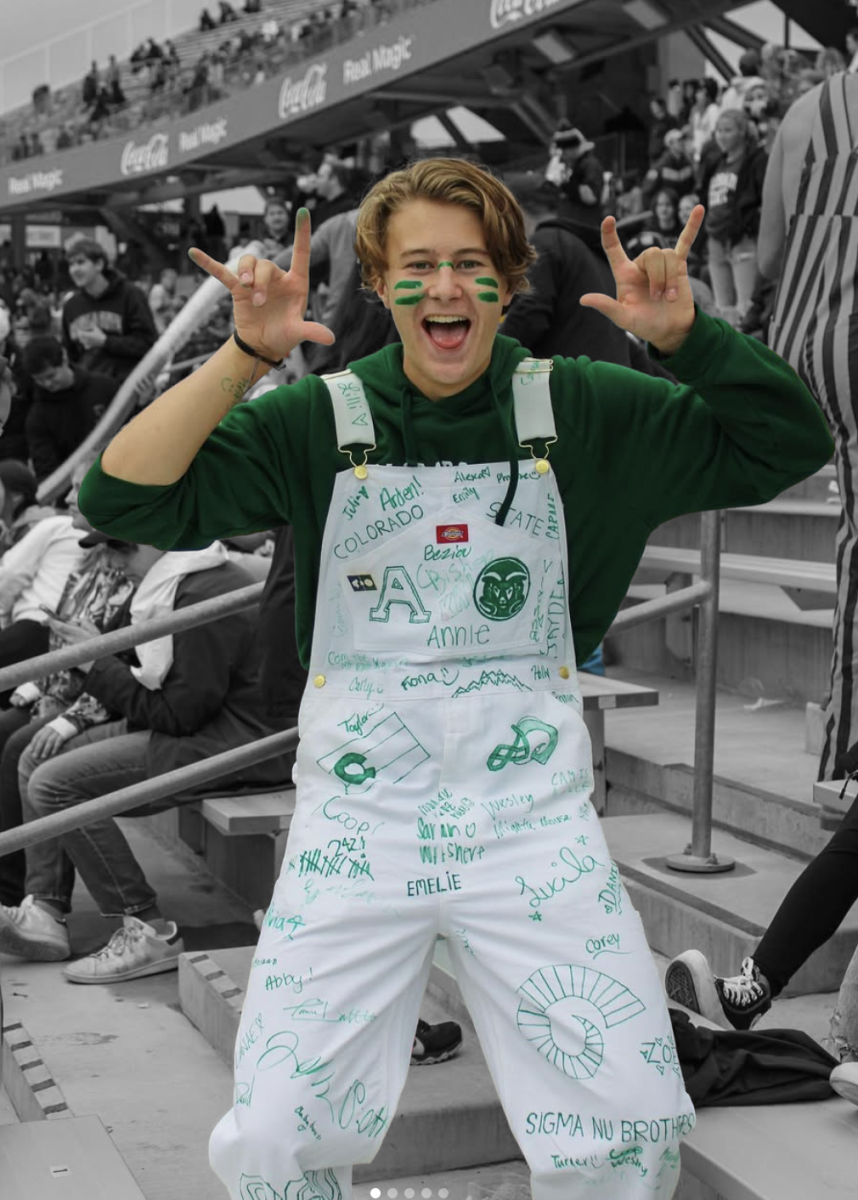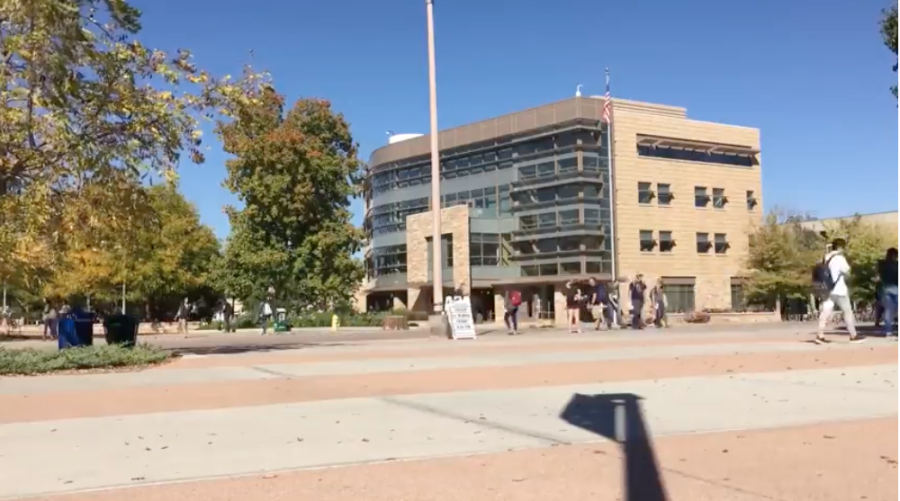The traditional college freshman is getting revamped. At Colorado State University’s campus, a wide range of newcomers can be found. Whether they are the college freshman straight out of high school, or coming back to school for varying reasons, their stories are exciting to hear.
Kimberly Clark is one of the over 7,000 adult learners on campus. She is currently studying communications with a focus on science and technical writing, and a minor in information systems and technology.
“I was raised in the Deep South and continuing education beyond high school for women, even in the mid-70s and early 80s, was not actively encouraged.” — Kimberly Clark
Clark is returning to obtain her degree after she spent the majority of her high school career helping to care for her grandmother who was diagnosed with cancer.
“I returned to school for the most part as a personal goal. I had to leave school when I was 16 so I could go to work full-time. My mother had to quit her job to take care of her mother while she was battling cancer, so I needed to step up and help out,” she says.
Clark believes education, especially for women, is very important. “I was raised in the Deep South and continuing education beyond high school for women, even in the mid-70s and early 80s, was not actively encouraged,” she says.
Clark also advocates for continuing your education, no matter what age.
“Education provides options in one’s life. The age you are when you decide to continue your education matters very little, it is only that you decide to continue that matters the most,” she says.
The Adult Learner and Veteran Services center on campus helps those returning to school to get involved and adjusted to life as a student.
“Most importantly we are a social engagement center for adult learners. We provide a place, resources, and communities for them to participate in,” Marc Barker, the director of ALVS, says.
These nontraditional students come here with inclusive backgrounds and for unique reasons. Priscilla Vázquez is currently attending CSU to obtain an electric engineering degree.
Originally from Puerto Rico, she earned her Bachelor of Fine Arts from the Pratt Institute of New York in 2009. She worked under an artist for three years before returning to Puerto Rico and working as a photographer.
Vázquez was prompted to pursue a career in the opposite direction when her cousin passed away.
“When my cousin died, I thought I should do something that maybe wasn’t as fun but was going to give me an opportunity to give back,” she says. “If there is anything I’ve learned this time around that I didn’t know with my first degree, it’s that the things that are easy are not always worth doing.”
Vázquez doesn’t love the idea of being a student again and admits it is not going to be easy.
“I’m not looking for a degree, I’m looking for a skill set that will make me irreplaceable and a chance to be the good I want to see in the world,” Vázquez says.
Barker’s philosophy is similar with Vázquez’s.
“When we work with adult learners, we talk about the knowledge they will earn. One of their needs is that their experience be applicable so they can see the practical implications of what they are doing in the classroom, and how they will use that knowledge going back into their chosen career,” Barker says.
These nontraditional students attending CSU say they are often regarded with surprise but respect by students on campus.
“I have been received well by the students at Colorado State University, and they have all been very respectful,” Clark says.
For Vázquez on the other hand, people are surprised at both her age and degree path.
“People are always really surprised I’m 30, and that my background is in the arts and I’m going into engineering.”
“When my cousin died, I thought I should do something that maybe wasn’t as fun but was going to give me an opportunity to give back.” — Priscilla Vázquez
It may seem unique for college professors to have students in class who are as old as they are, and uncommon for students to sit among other students more similar in age to their parents and professors; it is just as strange for nontraditional students to be back in the classroom.
Barker says they cover the topic of how to deal with being in a college classroom with college-aged students.
“We reframed the conversation of working with younger students as a challenge, to seeing it as an opportunity. The reality is when you transition back into the work force, those younger students are now your peer group,” Barker says.
Nontraditional student presence in college classrooms is actively on the rise. According to Barker, adult learners on campus is, “the fastest growing trend in higher education.”
Barker encourages adult learners to further their education.
“The things that make people successful in school are already skill sets that [nontraditional students] have mastered, such as being on time and working with a deadline,” Barker says.
Challenged by present educational opportunities and shifting social stigmas today, the stereotypical college freshman is not as black and white as it used to be.

